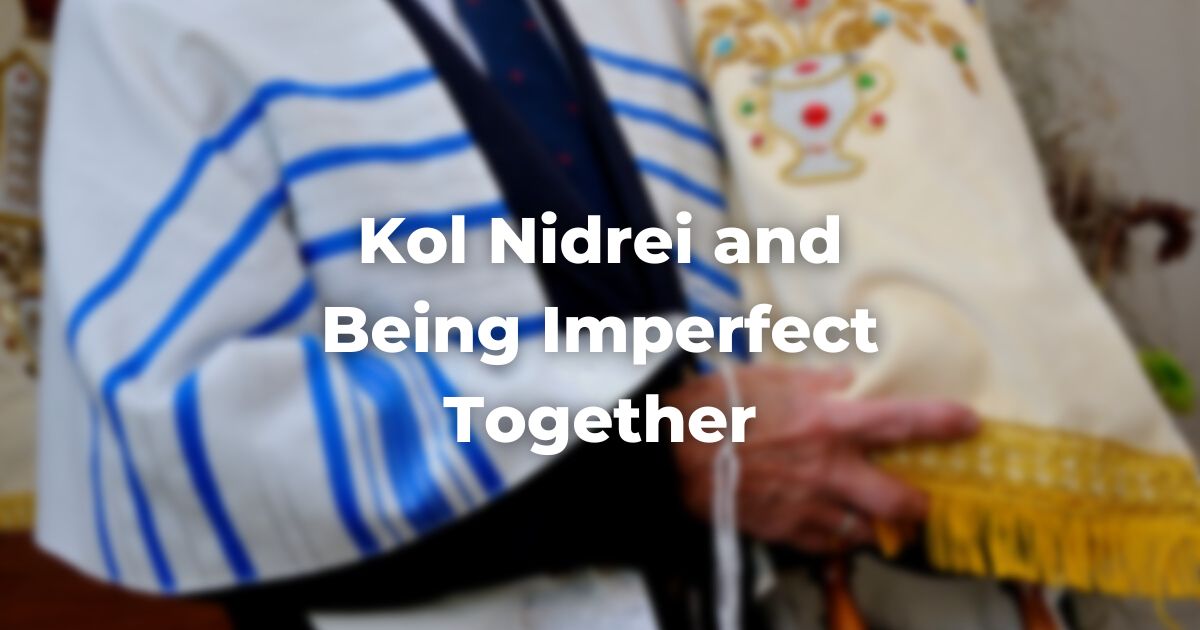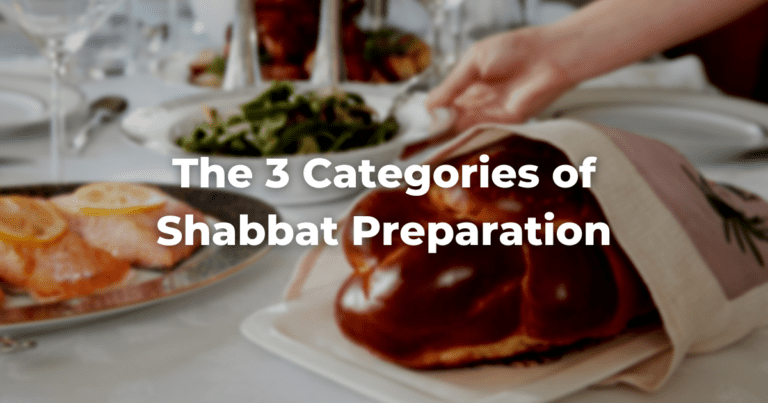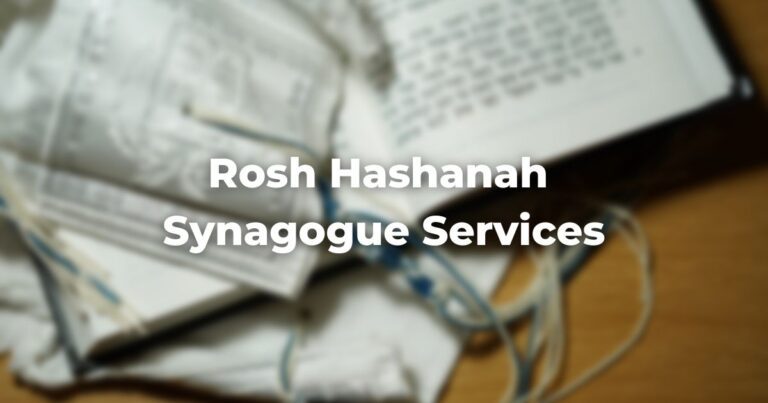Yom Kippur begins with one of the most dramatic moments in the entire Jewish calendar: the Kol Nidrei service.
This service actually must be completed before Yom Kippur begins and is therefore held before sunset.
The reason for this is not that widely understood, but is straightforward enough: since the technical purpose of the service is the annulment of vows, and since one may not attend to legal matters on a holy day of rest, the service is held just prior to the beginning of the sacred day.
What is Kol Nidrei?
It is ironic that this incredibly emotional and moving service is based on something as banal as the technical procedure for undoing rash oaths, but history and custom somehow come together to infuse the liturgy with a sense of holiness and spirituality that is almost without parallel.
As the traditional melody of Kol Nidrei is chanted by the service leader, worshipers feel the ghostly presence of countless generations of Jews in the synagogue, people who were moved by these words, this melody, and this moment in their day. There is no other moment like this in the entire year.
The Service
To accentuate the holiness of the moment, a tallit is worn and the blessing is duly recited. This is the sole time a tallit is worn for evening prayers.
At the very beginning of the service, the Ark is opened and, depending on the custom of the community, either two scrolls or all the TorahRefers to the first five books of the Hebrew Bible, the Tanakh, also called the Five Books of Moses, Pentateuch or the Hebrew equivalent, Humash. This is also called the Written Torah. The term may also refer to teachings that expound on Jewish tradition. Read more scrolls are removed.
Taking the scrolls from the Ark and holding them during Kol Nidrei is considered a great honor and is customarily given to very distinguished and respected members of the community.
The Kol Nidrei prayer is then chanted three times to emphasize the importance of the ceremony.
History of Kol Nidrei
In his book A Guide to Jewish Religious Practice (p. 213), Rabbi Isaac Klein (z’l) explains that there is some controversy as to the historical origin of the Kol Nidrei prayer.
Since the prayer is essentially about the nullification of vows, most historians look back to some point in Jewish history when Jews were forced by non-Jewish authorities to make promises against their will publicly. Kol Nidrei would then have originated in their wish to apologize to God, and in the presence of God, for what they were forced to do.
Some look to the reign of Reccared I (586–601), a king of Visigothic Spain, who was known to have persecuted Jews. Unfortunately, there have been similar persecutions throughout Jewish history, so it is hard to know where the truth lies.
Whatever its origins, however, Kol Nidrei became so popular because, time and time again, Jews were forced by others to do and say things they did not believe. Kol Nidrei served as the religious antidote to these oppressive obligations.
Vows and Fellow Worshippers
It is essential to note—and this is emphasized in all reputable High Holiday prayerbooks—that the only vows that Kol Nidrei has the power to annul are those between an individual and God. Kol Nidrei does not, nor did it ever, refer to vows, promises, or commitments made to other people. These binding commitments can only be nullified by a mutual agreement between the parties themselves.
One of the most fascinating parts of the Kol Nidrei service is the section at the beginning, before the actual Kol Nidrei prayer is chanted, when the congregation grants itself permission to worship with sinners.
Some have explained this strange declaration with reference to people who were forced to take blasphemous vows: as these “sinners” sought absolution from their sinful oaths on Yom Kippur, the community expressed its understanding of their plight and affirmed their right to pray together with the other members of the community.
Today these lines resonate with additional meaning. The synagogue is called a “sacred community”—a k’hillah k’doshah (also written as kehillah kedoshah).
As a result, people sometimes do not understand why congregations are not more particular about whom they allow to join.
Why should someone who has been convicted of embezzlement, or who is known to have been unfaithful to his or her spouse, be accepted into a community that claims to be striving for holiness?
Indeed, why do people who do not follow the laws of kashrut strictly or who do not strictly embrace the laws of Shabbat have a place in the sanctuary, and why should such people be given honors and even called to the Torah?
The answer can be found in the humble declaration that it is permitted, indeed expected, to pray with “sinners.”
Perfection is not a prerequisite of joining a holy community. We are all imperfect, and the synagogue, therefore, is at best a collection of people who are “works in progress.” What unites the faithful is not what they have accomplished, but what they are striving to accomplish.
We join together on Yom Kippur in recognition of the fact that we want to be better, that we need to be better, and that we understand that, in accepting imperfections in others, we can hope that they will in turn accept and forgive our own imperfections.
Adapted with permission from The Observant Life.
Authors
-

-

The Observant Life: The Wisdom of Conservative Judaism for Contemporary Jews distills a century of thoughtful inquiry into the most profound of all Jewish questions: how to suffuse life with timeless values, how to remain loyal to the covenant that binds the Jewish people and the God of Israel, and how to embrace the law while retaining an abiding sense of fidelity to one’s own moral path in life. Written in a multiplicity of voices inspired by a common vision, the authors of The Observant Life explain what it means in the ultimate sense to live a Jewish life, and to live it honestly, morally, and purposefully. The work is a comprehensive guide to life in the 21st Century. Chapters on Jewish rituals including prayer, holiday, life cycle events and Jewish ethics such as citizenship, slander, taxes, wills, the courts, the work place and so much more.
View all posts






